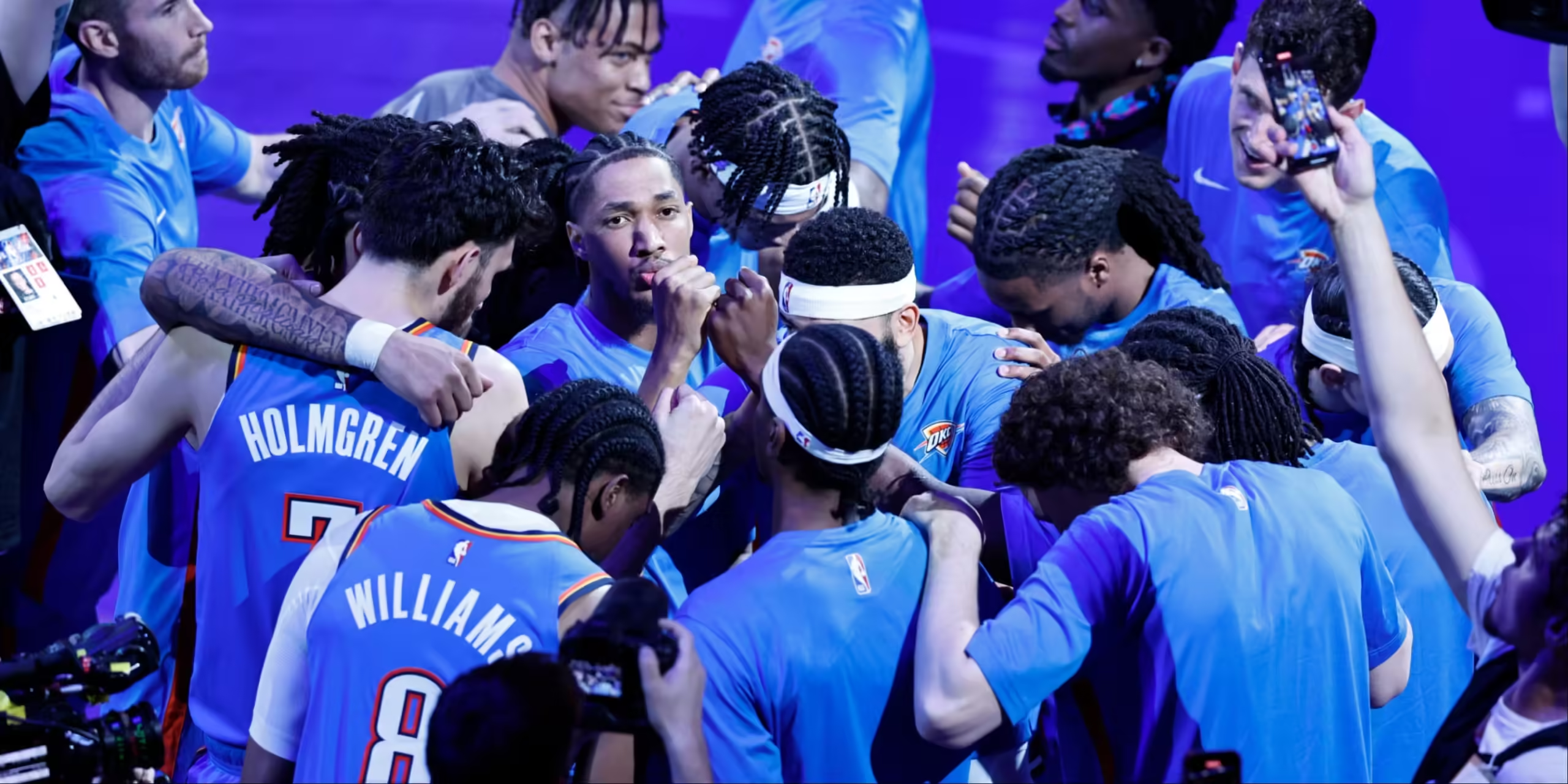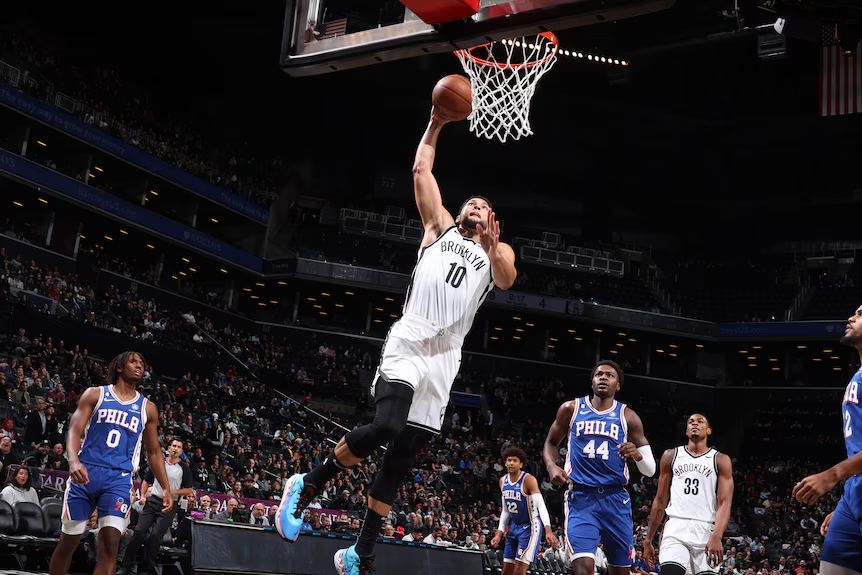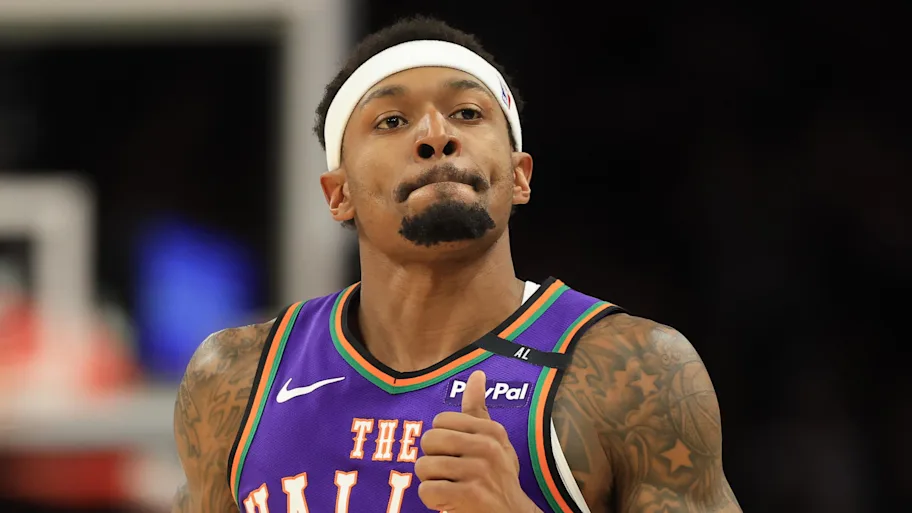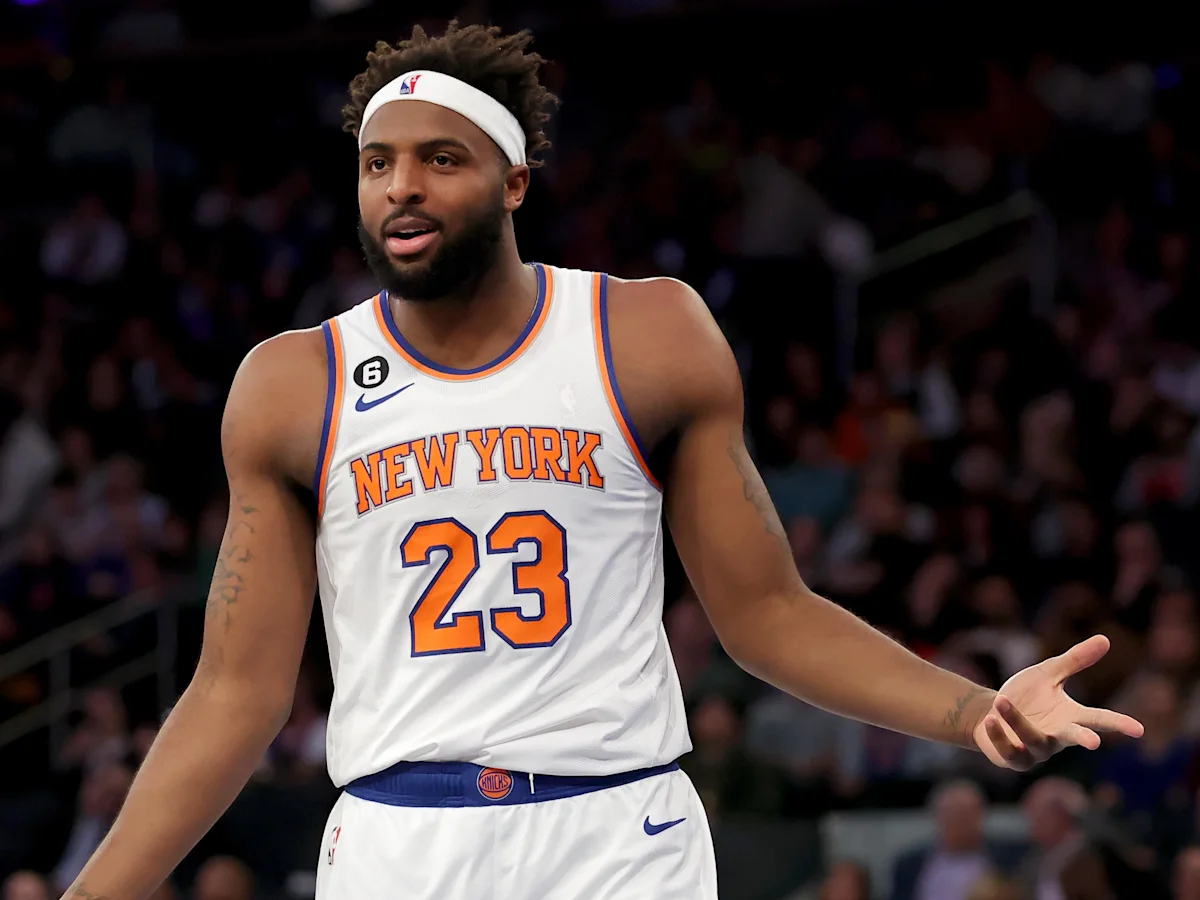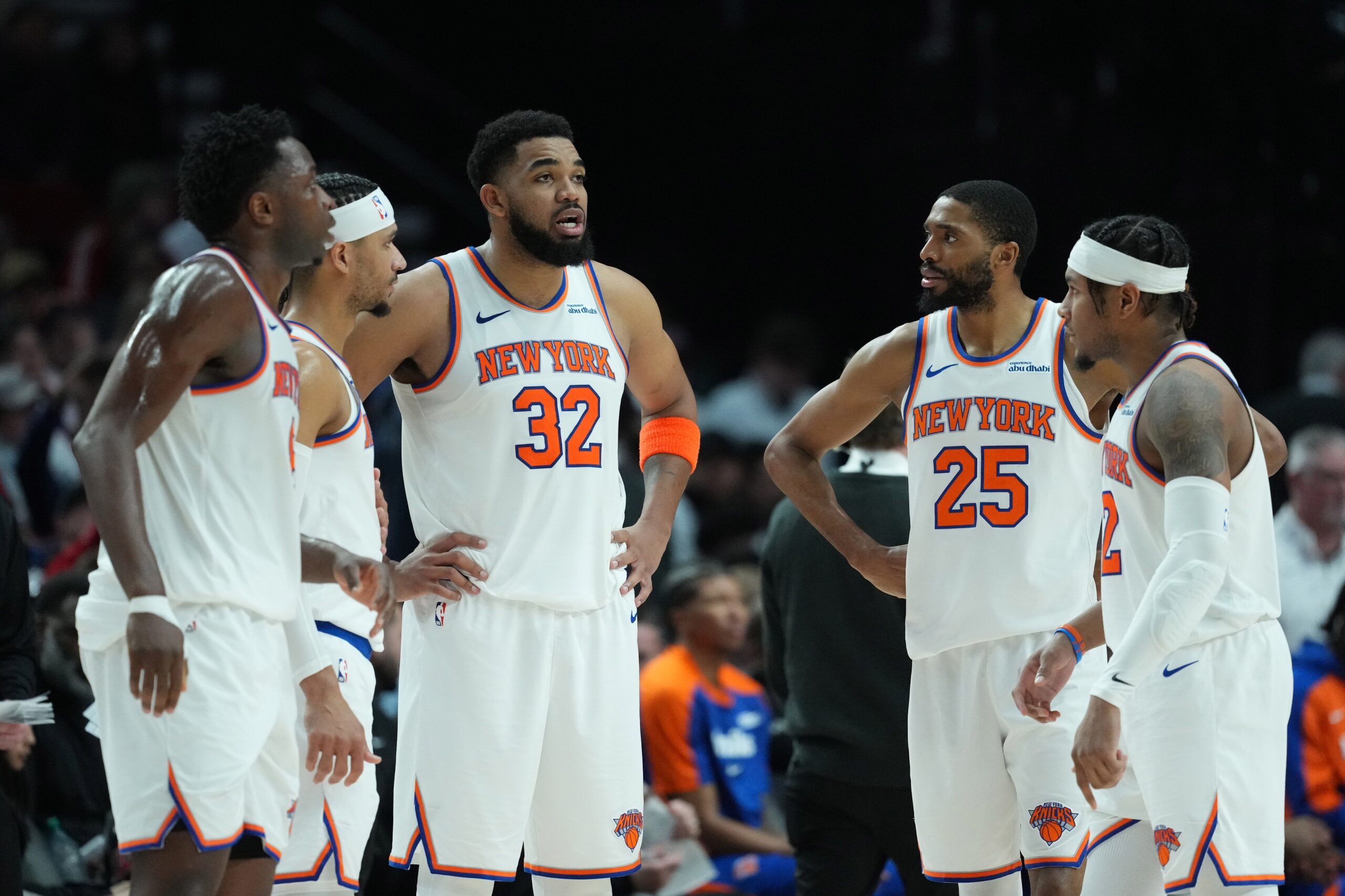Gordon Hayward has announced his retirement from professional basketball. While this may not be headline news for many current NBA fans, it is worth discussing. Hayward never reached the level of an all-time great, but his influence on the league was significant. He briefly approached the upper tier of the NBA before injuries halted his progress and potential.
The NBA’s history is full of “what-ifs,” with numerous scenarios that could have reshaped the sport’s landscape, such as Derrick Rose’s injury or Kevin Durant’s move to Golden State. Hayward’s case is particularly intriguing, as it prompts questions about what might have been.
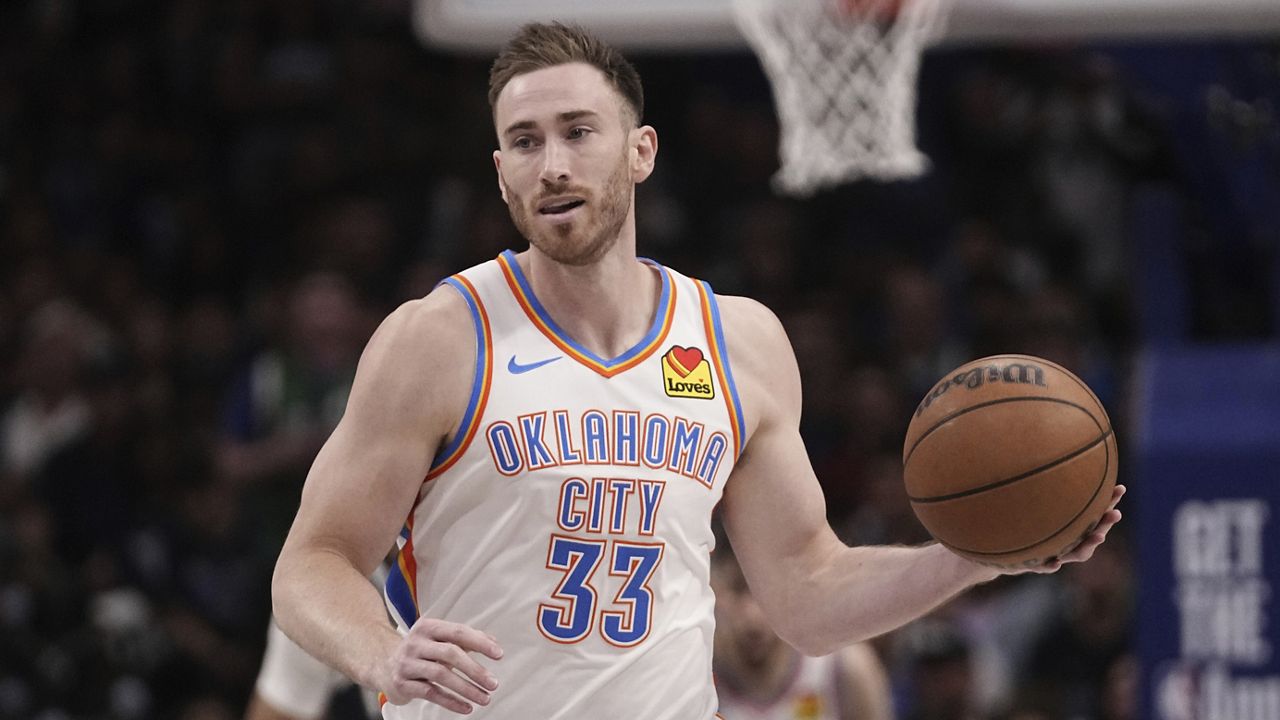
For a short period, Hayward was seen as the next big star. He was a crucial element for a team that was expected to challenge the era’s greatest dynasty. Although his name might fade from the collective memory, his impact remains noteworthy.
**A Look Back at Gordon Hayward’s Career**
**Early Career:** Born in Indianapolis, Gordon Hayward crossed paths with his future NBA coach, Brad Stevens, early on. As an unranked high school prospect, he chose to join Butler’s program under Stevens. Hayward quickly made a name for himself in the Horizon League, earning Newcomer of the Year honors and several First-team All-Horizon selections, eventually securing the League Player of the Year award. His standout season helped Butler reach the NCAA Division I men’s basketball tournament finals, though a last-second shot fell short against Duke.
**NBA Beginnings:** Drafted 9th overall in the 2010 NBA Draft by the Utah Jazz, Hayward faced a slow start in the league. He spent most of his first three seasons coming off the bench, with his scoring averages just crossing into double digits. His final bench year saw him average 14 points per game, but he had yet to fully develop as a complete player.
**Breakthrough:** Hayward’s fourth season marked his breakout. Becoming a permanent starter for the Jazz, he demonstrated significant improvement as a dynamic three-level scorer and playmaker, while also enhancing his defensive skills. Over the next three seasons, his performance consistently improved, and he averaged more than 75 games played per year.
The pinnacle of his career came in the 2016-17 season when he averaged 21.9 points per game, 5 rebounds, and 3 assists, with impressive shooting percentages, including nearly 40% from three-point range. His stellar performance earned him an All-Star nod and a substantial contract from the Boston Celtics.
**The Setback:** Expectations were high for Hayward and the Celtics, who also added Kyrie Irving and had a promising roster featuring Jaylen Brown and Jayson Tatum. Unfortunately, disaster struck early. In his debut game, Hayward suffered a severe injury—a broken tibia and dislocated ankle—just minutes into the season. Despite the setback, the Celtics’ young core led them to the Conference Finals in a Game 7, though they fell short.
In the following season, with key players returning, the Celtics faced the dominant Golden State Warriors. Hayward struggled to regain his former rhythm after the injury, and despite his time in Boston, his performance never fully matched his previous level. As Tatum and Brown rose to prominence, Hayward became expendable, leading to his departure after his contract expired.
**Later Years:** Hayward signed a four-year, $120 million deal with the Charlotte Hornets after leaving Boston. He had a promising start, averaging 19.6 points per game and shooting 41.5% from three-point range in his first year. However, persistent injuries and a diminishing role led to declining performance. In his final season, he was traded to the Oklahoma City Thunder, where his contributions were minimal, averaging only 5 points per game in 26 games.
**Retirement:** As he retired, Hayward shared a heartfelt message reflecting on his career. Despite the promise and occasional brilliance, his career fell short of his peak due to injuries. Hayward expressed gratitude to his fans and looked forward to spending more time with his family and embarking on new ventures. His story is a reminder of how a single moment in the fast-paced world of the NBA can alter a career trajectory. Hayward’s legacy, though sometimes overlooked, remains significant in the annals of the sport.






